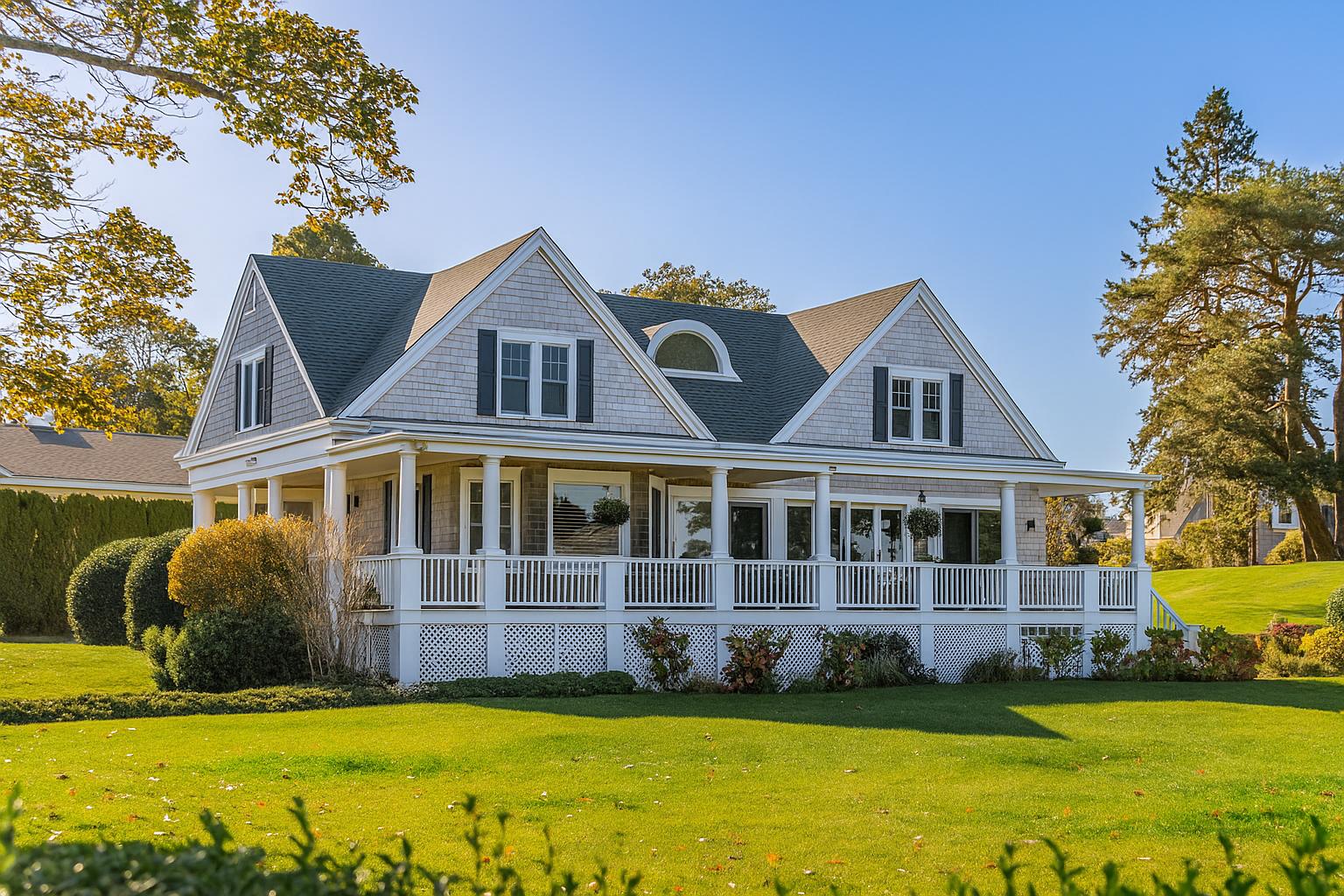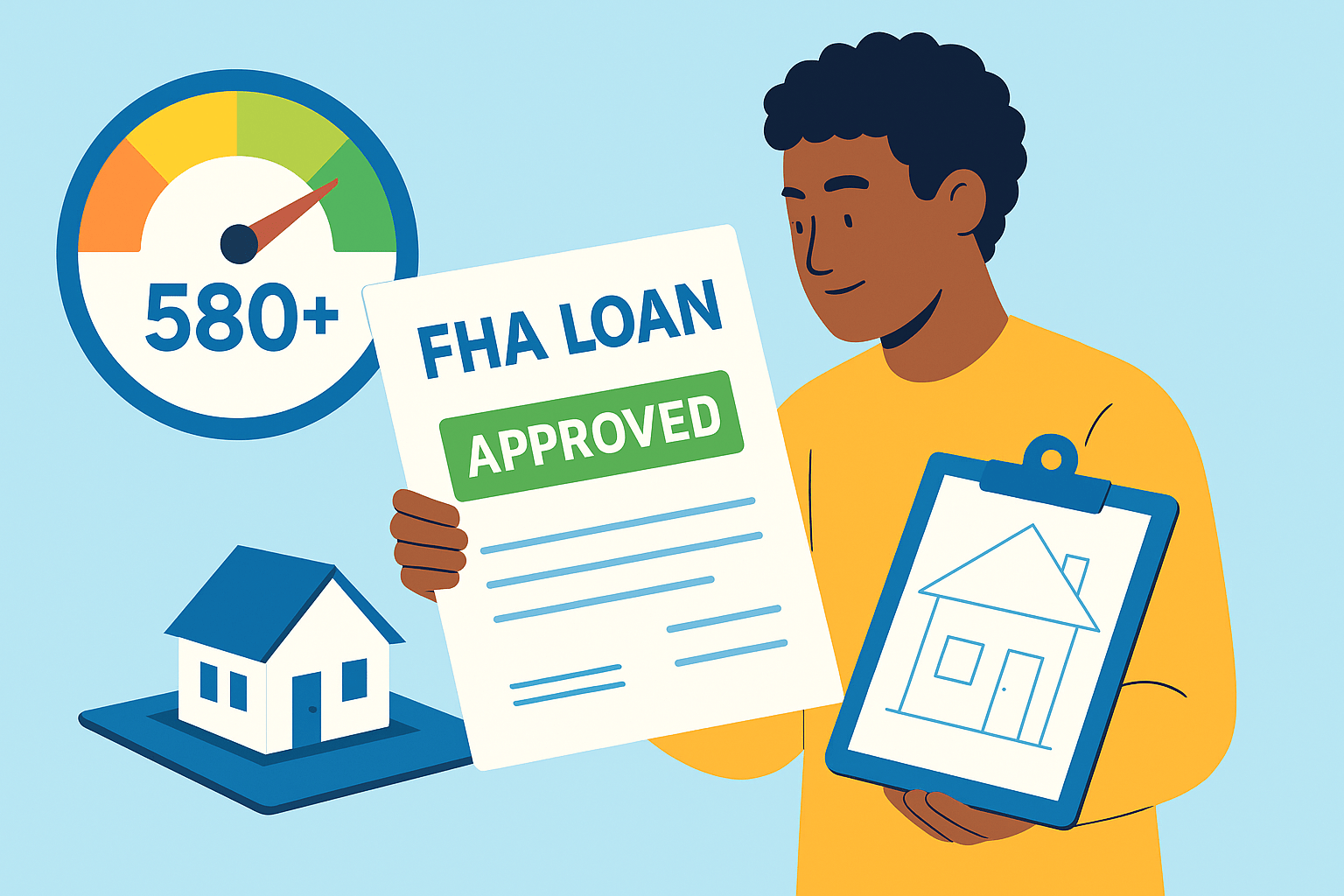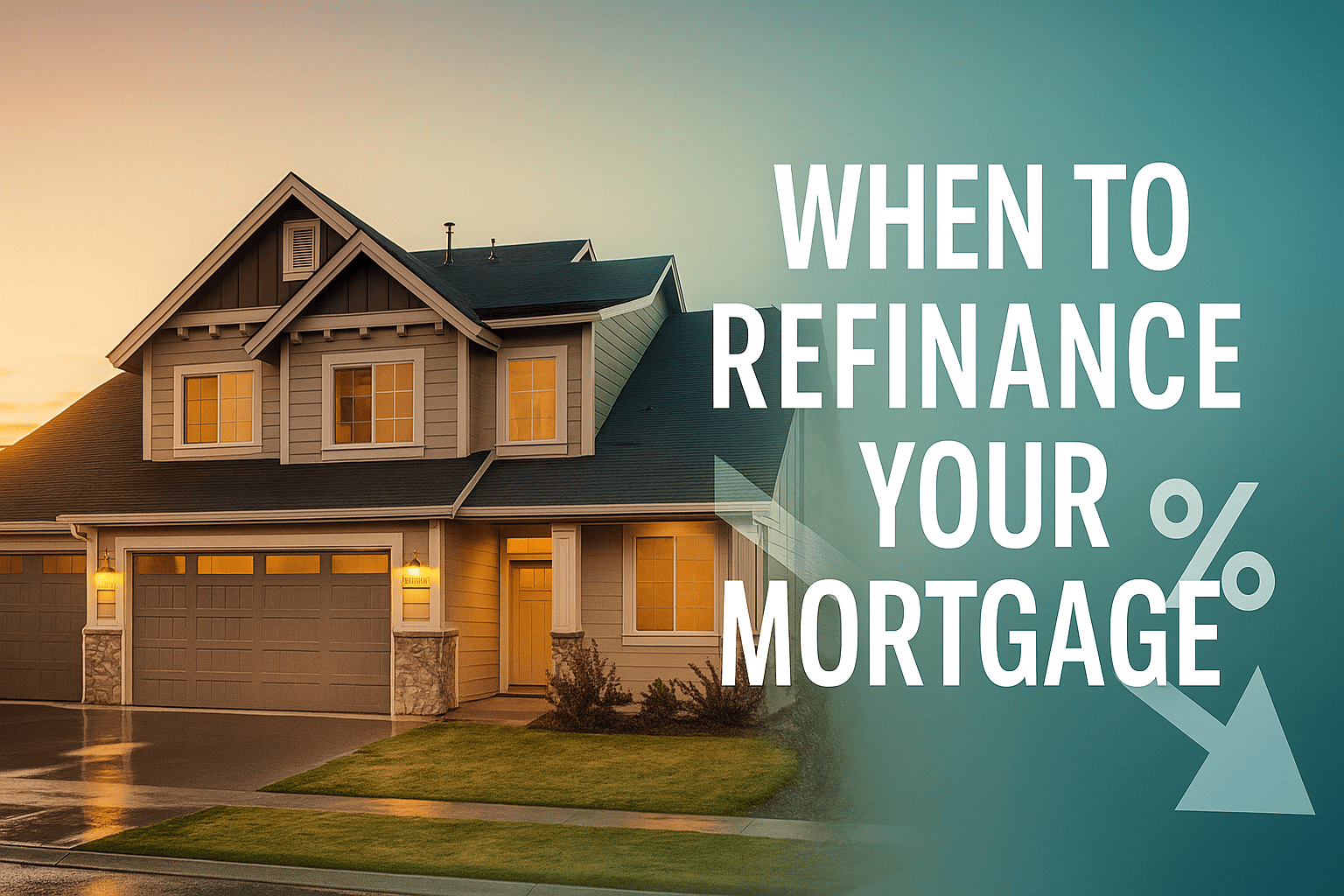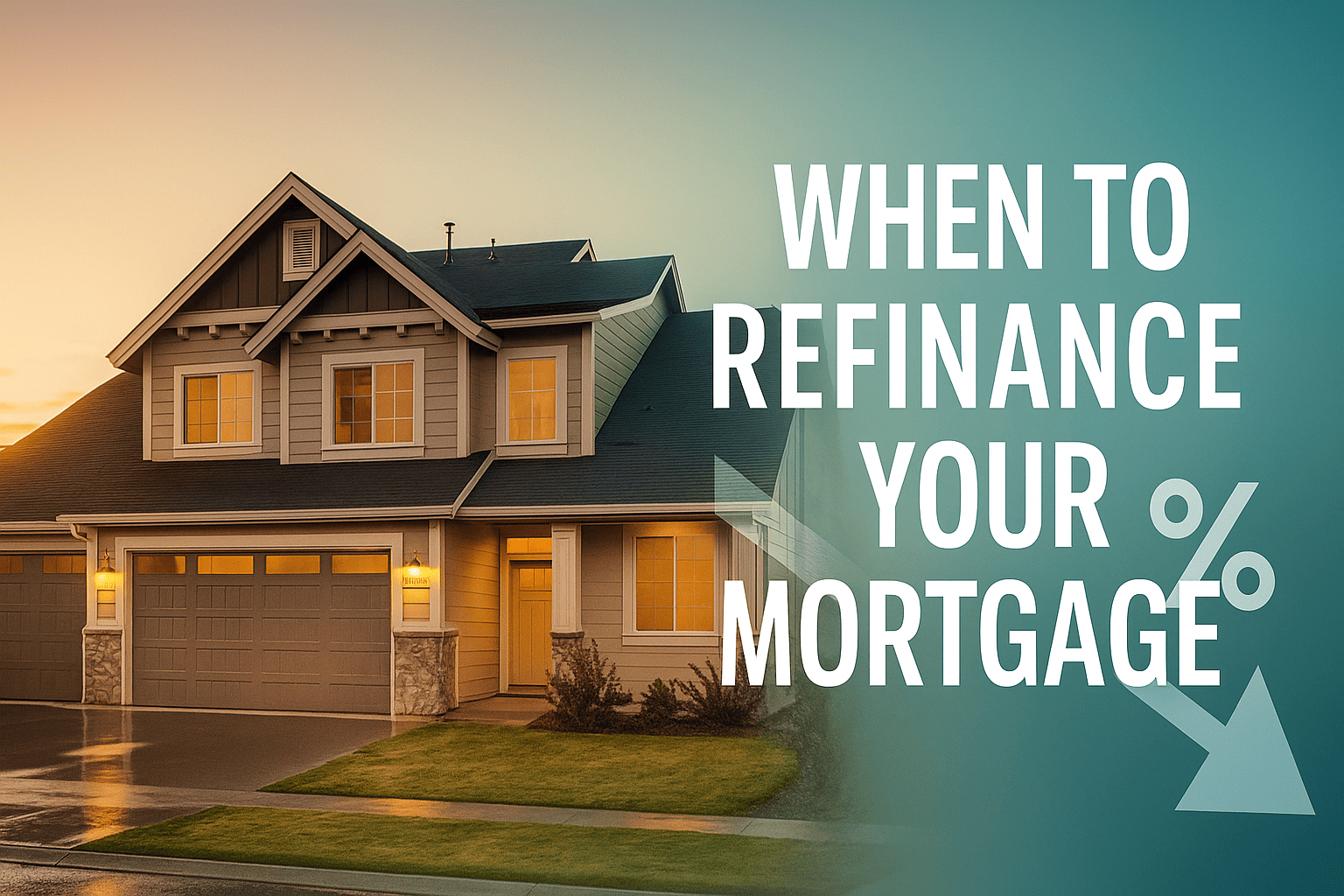FirstHome First-Time Homebuyer Assistance Programs
FirstHome: How Iowa’s Premier First-Time Buyer Program Opens Doors
FirstHome is more than another loan product—it's a launchpad for Iowans who dream of owning during an era of rising prices and tight inventory. Within a few minutes of reading, you’ll know whether the Iowa Finance Authority program could slash your out-of-pocket costs and speed up your move-in date.
Snapshot of the FirstHome Program
The FirstHome Iowa initiative bundles a fixed-rate mortgage with optional down-payment and closing-cost aid. According to the Iowa Finance Authority (IFA), more than 57,000 households have purchased property through its offerings since 1975—a population roughly the size of Ames. Benefits include:
- Below-market fixed interest rates on 30-year loans
- Up to 5% down-payment assistance through a forgivable grant or repayable loan
- Closing-cost help that can cover lender fees, prepaid taxes, and even your first year of insurance
- No geographic restrictions—urban condos in Des Moines qualify just like farmhouses in Pottawattamie County
How Does the FirstHome Program Work in Iowa?
Picture a three-layer cake. First comes your primary mortgage—conventional, FHA, VA, or USDA—originated by an IFA-approved lender. On top sits the down-payment grant (called the First Home Purchase Plus option). Finally, a modest closing-cost loan fills any remaining gap. The layers combine to reduce cash due at the closing table, often to less than 2% of the purchase price.
Behind the scenes, the Iowa Finance Authority sells tax-exempt bonds to investors. That low-cost capital lets lenders offer below-market rates to eligible buyers. You interact only with the lender; the bond mechanics stay under the hood.
Real-World Example
Last spring, Brianna—a middle-school teacher in Mason City—closed on a $185,000 bungalow. She secured a 5.75% fixed mortgage via FirstHome while market rates hovered near 6.5%. Her $9,200 grant from IFA covered the entire down payment plus appraisal, saving eighteen months of scraping and saving.
FirstHome Eligibility Checklist
Qualifying isn’t rocket science, yet a few guardrails exist to ensure funds help the intended audience. Tick these boxes and you’re on your way:
- First-time buyer status: You haven’t owned a principal residence in the past 3 years (exceptions apply for veterans and targeted areas).
- Income limits: Household income must fall below $95,600–$135,600 depending on county and family size. Limits refresh each spring.
- Purchase-price cap: The home can’t exceed $481,000 in most counties; higher in federally targeted zones.
- Credit guidelines: Minimum 640–660 median FICO score, varying by loan type.
- Occupancy: You’ll live in the property within 60 days of closing.
Tip: If your income is slightly over the threshold, ask a lender about “targeted area” exceptions. Roughly 30 Iowa census tracts loosen the rules to spur neighborhood revitalization.
What Credit Score Is Needed for FirstHome?
The program sets a floor of 640 for conventional and FHA financing, climbing to 660 for USDA loans. Lenders may require “compensating factors” (e.g., lower debt-to-income ratio) when you’re on the edge. Polishing your credit before applying can shrink your interest rate by 0.125–0.375 percentage points, which adds up to thousands over 30 years.
Three Rapid Credit-Boosting Moves
- Pay down revolving balances below 30% utilization.
- Dispute any medical collections now reporting as paid.
- Become an authorized user on a parent’s long-standing, on-time credit card.
Is FirstHome Only for First-Time Buyers?
Mostly yes, yet two carve-outs exist:
- Qualified veterans can use the benefit even if they’ve recently owned, provided they meet income and purchase-price caps.
- Targeted-area purchasers—those buying in federally designated census tracts—enjoy the same exemption.
If you fall into either group, you maintain the same low interest rate and grant options. That loophole can unlock suburban upgrades for military families returning from deployment.
Five Steps to Secure Your FirstHome Loan
- Choose an IFA-participating lender. Over 400 branches statewide offer the product—community banks, credit unions, and mortgage companies alike.
- Get preapproved. Supply pay stubs, W-2s, tax returns, and bank statements. Your preapproval letter wields bargaining power when house-hunting.
- Complete homebuyer education. A HUD-approved online course costs about $75 and takes six hours. Finish before you sign a purchase agreement.
- Shop and negotiate. FirstHome imposes no property-type bias; single-family, condo, or duplex all pass the test so long as you’ll live in one unit.
- Close and move in. Expect 30–45 days from accepted offer to keys. The IFA wire typically hits the title company the morning of closing.
Benefits That Outshine National Programs
- Stackable aid: You can layer city grants—from Dubuque to Council Bluffs—on top of FirstHome.
- No recapture tax since 2018: Federal Tax Cuts and Jobs Act erased payback worries.
- Forgivable after five years: Stay put and the grant portion transforms into free equity.
- Prepayment freedom: Pay extra principal any time without penalty.
The Hidden Math: How Much Could You Save?
Assume a $250,000 purchase financed with 3% down. A conventional loan at 6.75% costs $1,620 per month (principal and interest). Drop the rate to 6.25% via FirstHome, and the payment slides to roughly $1,539. Over the first decade, that 0.5% discount equals $9,720 in interest.
Add $12,500 in down-payment assistance, and your blended savings cross the $20,000 mark—enough to outfit the kitchen with quartz counters or pre-pay a college fund.
Potential Pitfalls—and How to Dodge Them
Every rose has thorns. Keep an eye on:
- Debt-to-income (DTI) ceilings: Aim below 45% including the new payment.
- Liquid-asset limits: If you already have 20% down in the bank, lenders may nudge you toward a standard loan.
- Longer underwriting timelines: Bond-backed programs add one extra day on average; build that into purchase agreements.
FAQ: Quick Answers for Busy Home Shoppers
- Can I combine FirstHome with the Mortgage Credit Certificate (MCC)?
- Yes. The MCC can shave up to $2,000 off your federal tax bill each year.
- Does the program allow renovation financing?
- You may roll minor repairs into an FHA 203(k) or Fannie Mae HomeStyle loan, provided costs stay under 15% of the purchase price.
- Is private mortgage insurance (PMI) required?
- Only when you use less than 20% down. FHA loans attach PMI for life; conventional cancels at 78% LTV.
- Can I buy a duplex and rent one side?
- Yes, as long as you occupy one unit within 60 days and meet local zoning.
- What happens if I sell within five years?
- The grant portion may be pro-rated back unless you qualify for a hardship waiver.
Ready to Turn the Key? Let’s Get Started.
Your future address doesn’t have to stay a daydream. By tapping FirstHome, Iowans turn “someday” into a closing date circled on the calendar. Connect with a certified lender today, schedule your homebuyer class this weekend, and watch new-listing alerts feel different—because next time, you could be the winning bid.
Explore More Blog Posts
Checkout more similar posts those will help you to choose better property.












 Profile
Profile Password
Password Saved Properties
Saved Properties Sign Out
Sign Out
 +0.01
+0.01
 -0.15
-0.15

